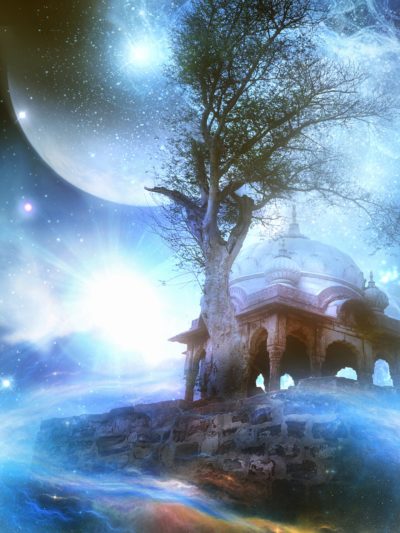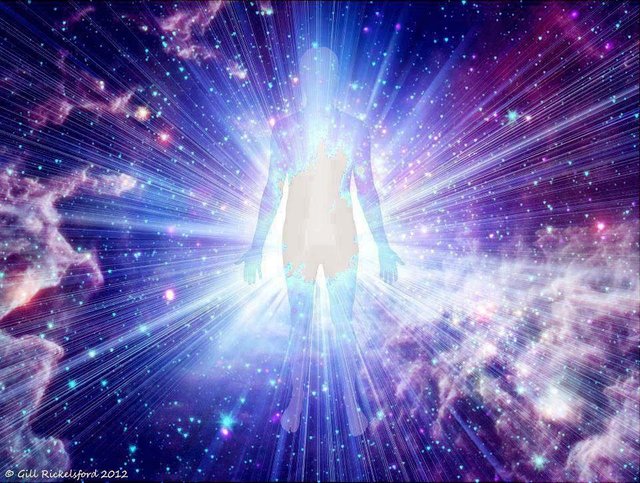What are dreams?
We spend more than two hours every night dreaming. But what is really happening?
Dreams from perspective by Rama
Dreams. Are they just random images that our brain creates? Do those images have some meaning? Scientist and psychologists have posed plenty of theories about what dreams are and why we have them, but we’ll approach this subject from a different perspective. This perspective comes from Dr. Frederick Lenz, otherwise known as Rama, an enlightened teacher, who had unique insights about dreams and how dreaming can aid us on our journey to live our lives to their full potential.
Rama tells us that dreams are important. They are as important as your waking moments, and one could argue, that neither are more important than the other. And that’s because they’re two sides of the same coin, or rather, two sides of a multidimensional coin, one that has thousands, if not millions of sides.
We live our waking moments in a certain dimension, a physical dimension, one that has strict rules and laws, like gravity or electromagnetism and the like, one where creating your reality is certainly possible, but not easy. Then there is the dreamscape. The dreamscape is another dimension, or actually a whole multiple of dimensions, and here the rules are a lot different. Creating the whole world is almost instantaneous, only your imagination is the limit to what you can do here. And the wonderful thing isn’t you have the opportunity to travel to these dimensions every night. (And yes, each and every one of us dreams every night, in normal circumstances at least for a period of 2 hours.)

So are we just creating these images in our minds or are we really traveling to different dimensions?
Well, it’s both. And more. As you may know, besides your physical body we all have a subtle physical body, and when you dream at night, when you’re asleep, your subtle physical body will very often change form and travel through a succession of different planes of awareness. We usually call this dimensional plane the astral. On this plane you make your own movies, you write scripts, hire a cast, lighting, orchestration, everything. Sometimes you’ll put yourself in the picture, sometimes you’ll just stand back and direct. These are the dreams – experiences, in other worlds, where you can go and for a time you can create your own reality. It’s like one of those places you may have visited as a kid: where we can go and make your own ice cream sundae from the 50 ingredients and toppings and fruits.
In dreaming, we go into a world where the forms of reality are variable, and the part of us that goes into that reality that plays with the different colors and combinations and ideas which we call dreams, is our subtle body. The sense of self that we have in dreaming is the subtle physical body. We’re relating through that. It’s the mask that we, that our soul, is wearing.
“All of life is a dream. Really. And dreaming is the borderline between life and death”
Dr. Frederick Lenz, Rama
When you die your perception of this world ceases to be. This also occurs every night when you enter the deep sleep state, the state where there are no dreams – the state where the world simply goes away, where it simply doesn’t exist. The truth, however difficult it is to grasp, is that this world does not have an existence that is independent of your being.
Life is not so simple. In its essence, life is simplicity, but it’s also total complexity. You can have the freedom to change levels of attention, to move into these different dreams at will. Simply because you see life in a certain way doesn’t mean that that’s the way life is, that that’s how life is. Another being in another reality who’s not physical, doesn’t see the world the way you do at all. Who’s right? Are they or you? Neither. They’re different dreams. It’s only that some dreams are more limiting than others. Some are unhappy dreams, some are happy dreams. And also some are neither happy nor unhappy, they just are. Then there are some which we could call extraordinary dreams, those that are truly important and will stay with you for a while.

Quotes by Dr. Frederick Lenz, Rama, reprinted or included here with permission from The Frederick P. Lenz Foundation for American Buddhism
